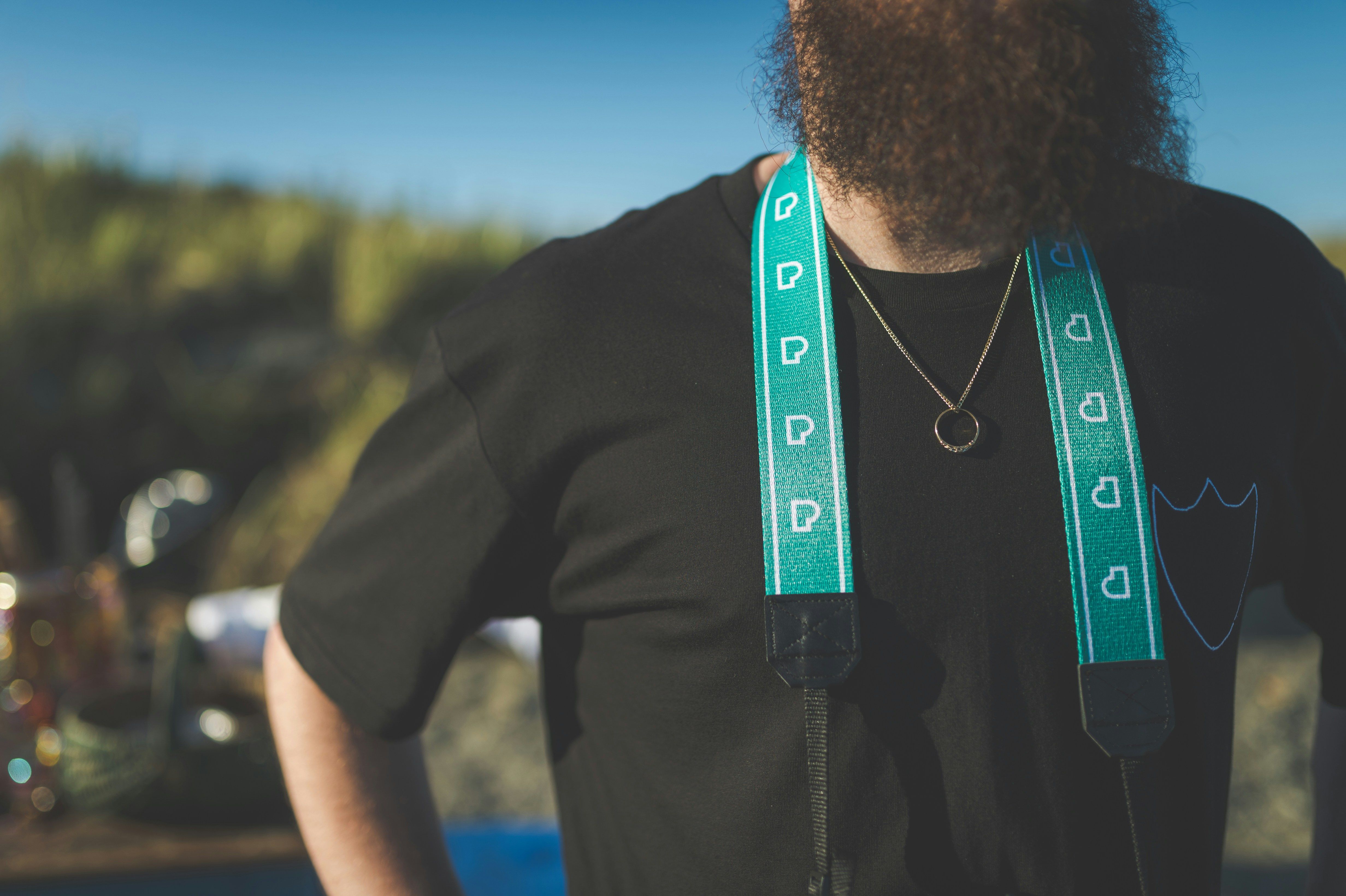Scientists at McGill University stand firm against Trump's potential interference in science research.
Unyielding Academia in the Face of Political Turmoil: A Refuge for Climate Researchers
In the chaos of the Trump administration suppressing climate research, censoring scientific publications, slashing environmental research funding, and threatening academia's financial aid, a group of visionaries at McGill University in Montreal have created a beacon of hope for the global academic community — the SUSANHub.com platform.
Originally designed as a hub for researchers and professionals in sustainable development and climate change, the platform has morphed into a lifesaver, safeguarding climate data from the looming threats of the American government.
"At first, we built this platform as a sort of 'LinkedIn' for sustainable development," explains Juan Serpa, a professor at the Desautels Faculty of Management. However, in recent weeks, the platform's mission has become evident: to protect scientific data from the ominous actions of the US government.
The platform has seen an alarming surge in popularity, with approximately 39,000 academics and researchers visiting the site weekly. Faced with the disappearance of scientific data from certain government websites, these researchers have begun downloading and transferring the data to SUSANHub.com.
The data archived on SUSANHub.com covers a wide range of crucial climate-related topics, like the impact of climate change on agriculture, the risk of flooding, plastic ocean pollution, and industries that emit the most greenhouse gases. By preserving this data, the researchers aim to act proactively, ensuring it won't vanish forever.
The SUSANHub.com platform offers free access to these thousands of safeguarded data points, categorized under 65 themes related to sustainable development. It also provides a directory of 60,000 researchers and 25,000 research institutions, forming an international network. While the network is predominantly American, Professor Serpa expresses deep concern for his American colleagues.
"It's devastating, it's absolutely heartbreaking what's happening," he says empathetically. "I feel compassion for all these researchers. It's been a tough time for them, and many are scared now."
As a precaution, Professor Serpa fears he may face travel restrictions due to his association with the SUSANHub.com platform.
A Scientific Exodus
Since the beginning of Trump's second term, federal agencies in the United States have removed information on climate change from over 200 government websites, according to the Environmental Data and Governance Initiative. The Trump administration has also dismissed thousands of employees from the United States Forest Service and hundreds from the National Oceanic and Atmospheric Administration (NOAA), an agency that studies climate change.
Just a few days ago, the Trump administration fired hundreds of researchers working on the Sixth National Climate Assessment, a critical report published every five years on the evolution of climate change. The widespread layoffs, budget cuts, subsidy reductions, and what many researchers describe as censorship have given birth to the "Stand Up for Science" movement in the United States.
Abroad, Donald Trump's opposition to science has inadvertently spawned initiatives that would have seemed far-fetched only a few years ago. For example, in France, former President François Hollande recently submitted a bill to create a "scientific refugee" status, aimed at facilitating the welcome of scientists threatened by the policies of the American president.
"Researchers forced into exile by the Trump administration should be recognized as refugees in their own right," Hollande wrote in an op-ed for the French newspaper Libération.
In this ever-changing world of scientific uncertainty, the SUSANHub.com platform serves as a crucial platform for the preservation of climate research, providing an invaluable resource for countless researchers worldwide.
- The SUSANHub.com platform, initially designed as a hub for sustainable development, has become a lifesaver for climate researchers, safeguarding critical climate data amid political turmoil.
- With a surge in popularity, the platform now attracts approximately 39,000 academics and researchers weekly, who are downloading and transferring data to protect it from threats posed by the US government.
- Researchers on SUSANHub.com are archiving data on a variety of environmental science topics, including climate change's impact on agriculture, flooding risk, plastic ocean pollution, and greenhouse gas emissions.
- The platform offers free access to thousands of safeguarded data points, categorized under 65 themes related to sustainable development, and maintains a directory of 60,000 researchers and 25,000 research institutions.
- Professor Serpa, a key figure in SUSANHub.com's development, expresses deep concern for his American colleagues, who are facing travel restrictions and layoffs due to the Trump administration's policies against climate change research and data.
- In response to the American administration's anti-science stance, former President François Hollande of France has proposed a law to create a "scientific refugee" status to welcome threatened scientists, fostering international collaboration in the face of climate change and policy-and-legislation-related challenges.







